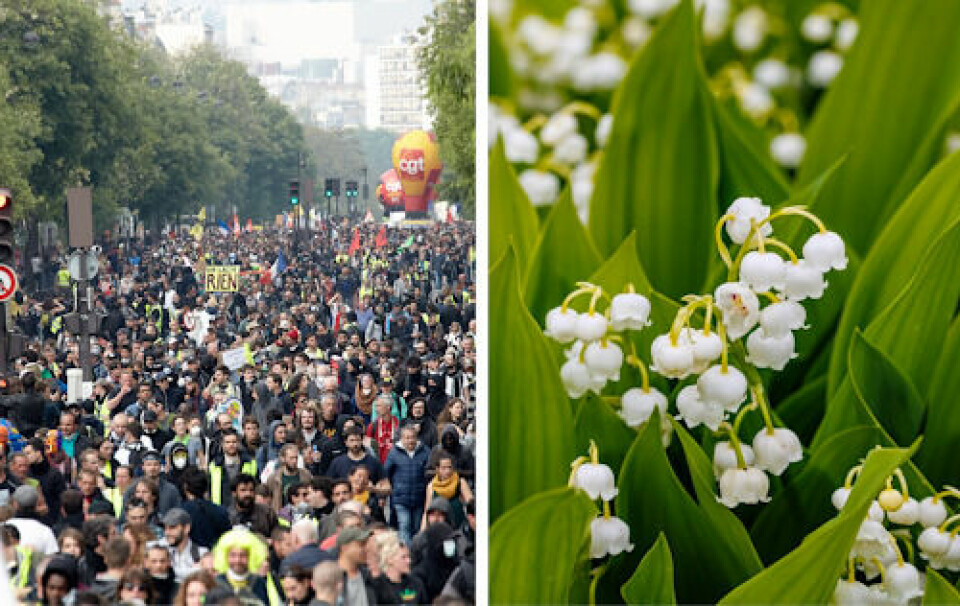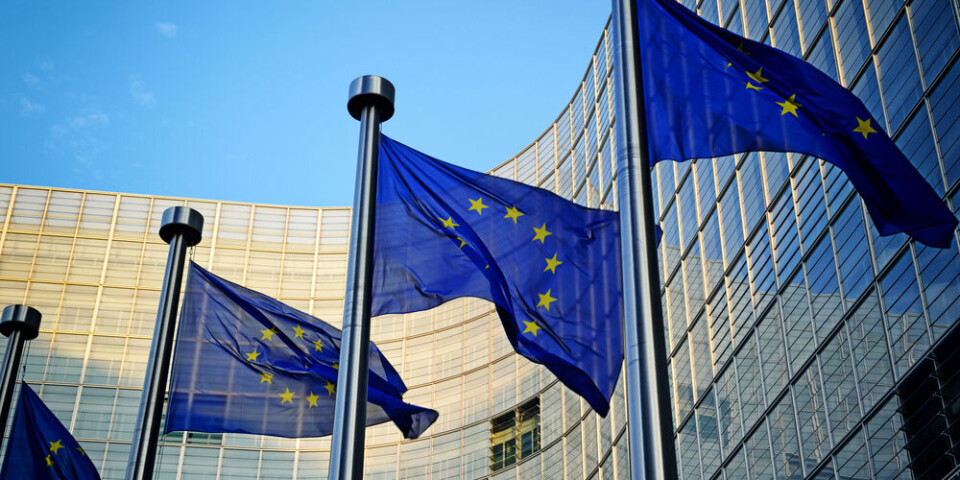-
Key Alpine pass to reopen this summer after €6m repairs
The col d'Allos in Alpes-de-Haute-Provence has been closed since 2023 due to severe weather
-
Why 500,000 people in France will soon be getting a call from health officials
A new campaign will target certain individuals with particular health conditions
-
Receive a book and a rose: France prepares to celebrate its independent bookshops
The 27th edition of the Fête de la librairie indépendante will take place tomorrow (April 26)
Franco-German electric battery plan to rival China
More than €5billion is to be invested in a Franco-German project to develop electric car batteries to compete with China.

French Finance Minister Bruno Le Maire and his German counterpart Peter Altmaier have announced that their plan will be supported by the European Union to the tune of €1.2billion.
The rest of the money will come from private funds. Saft, a company owned by Total and Opel, is reportedly particularly interested.
The first factory will be operational in France next year, creating 200 jobs. Two more will open in France and Germany, offering 1,500 jobs each.
They will produce so-called third-generation lithium batteries.
By 2026, the aim will be to produce fourth generation batteries for cars, in order to be ahead of global rivals, notably from Asia.
At the moment, Europe provides only 3% of the world’s battery supply while Asia provides more than 90%, thanks to such well-known companies as Panasonic, Nissan, LG and Samsung in Japan, South Korea, and China.
The ministers hope to create a European consortium, an “Airbus of batteries” as they named the project, which will be able to export “batteries of quality” with the Made in Europe label.
Italy, Belgium and Finland are already said to be interested in joining forces.
























